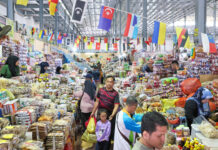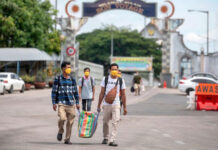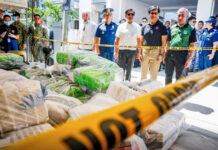SHIJIAZHUANG (AFP) – On a crowded train laden with crimson-coloured gifts for loved ones, IT worker Sun Jintao is heading from Beijing to spend the Chinese New Year holiday with his family for the first time in years.
Hundreds of millions of people are streaming out of China’s major cities this week in the world’s largest annual migration, heading home to share meals, pay respects to their elders and deliver blessings for the upcoming Year of the Dragon.
State news agency Xinhua has said nine billion passenger trips will take place across the country over this year’s Spring Festival holidays.
“I haven’t been home to spend Chinese New Year in three years,” Sun, a 28-year-old Beijing resident, told AFP sitting on his crowded berth in a sleeper car.
Previous years were overshadowed by the pandemic, he said – where strict COVID precautions made cross-country travel challenging.
“It was a bit of a hassle,” Sun explained en route to Handan, the slow train’s final destination in Hebei province.
“And last year I went to my partner’s home,” he said.
“This year I have to go home no matter what.”
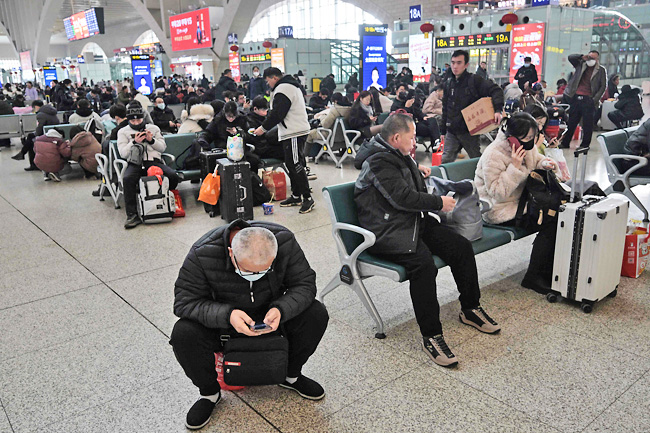
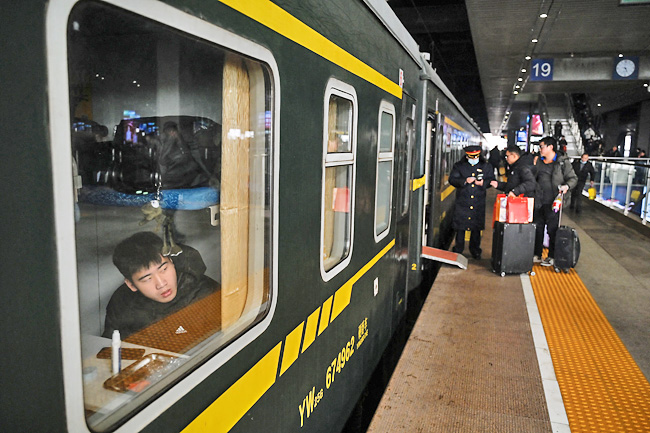
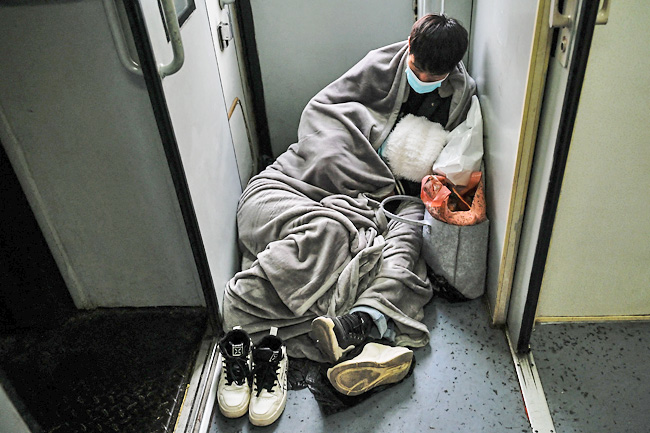
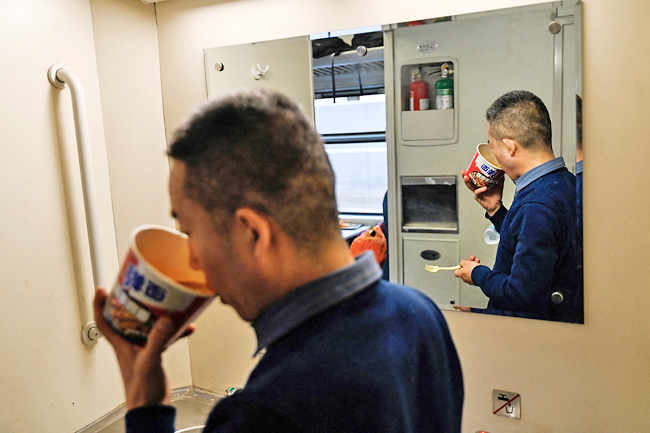
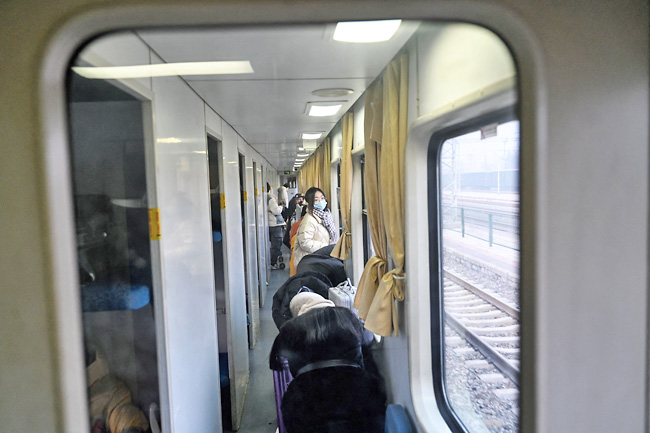
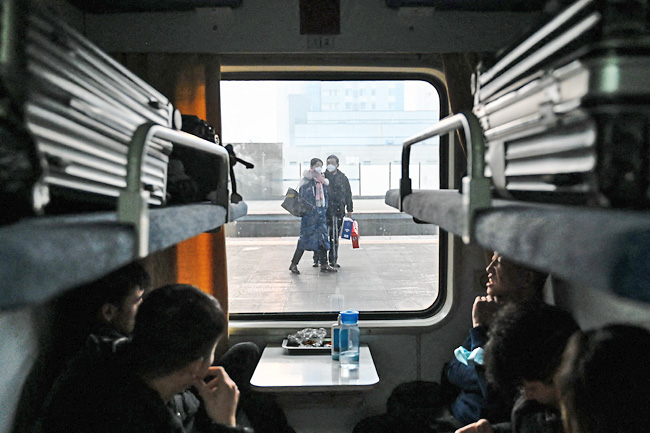
As the train pulled out of the station in central Beijing, a magenta sun was just beginning to crop out behind a hazy layer of clouds.
Many passengers who had been unable to book seats – tickets have sold out across the country – weaved between large suitcases in search of spots to spend the journey.
The air in the cabin was filled with aromatic steam from instant noodle bowls trailing from standing areas between train cars, where a few men stood watching the pastoral expanse roll by.
For many the upcoming holidays are a rare chance to take time off work, a welcome respite from high pressure life in the city.
Dong Hang, an 18-year-old native of Handan, told AFP he had moved to the capital to earn a higher salary.
He said he worked from four in the afternoon until four in the morning, six days a week, in a barbecue restaurant.
“Beijing is considered a first-tier city, whereas ours is a third-tier or fourth-tier city, where monthly salaries aren’t very much,” he said.
But this week he’s taking a well-deserved break.
“We have an old saying in China: ‘Whether wealthy or poor, we all have to go home to celebrate the New Year’,” he said. “It’s really nice to wrap dumplings together and then have a big family reunion dinner.”
Dong is one of millions of young people who have flocked to China’s largest cities in recent decades.
That makes the annual Spring Festival public holiday a coveted window for families, separated for much of the year, to convene.
“It’s very exciting,” Lian Caiping, a student working as an intern in Beijing, said.
“I was so excited last night that I couldn’t sleep, that kind of feeling.”
Beijing Station is forecast to serve over 4.5 million passengers during this year’s Spring Festival period, according to a state media report quoting a railway official.
And the 40-day travel rush peaked yesterday, when 192,000 people traversed through the station, the report said.
Sun said he had struggled to relax the night before from the excitement of going home.
“When I get back I’ll prepare some things for Chinese New Year without stopping to rest, like buying food and drinks,” he said.
“I like to cook, so I’ll buy some ingredients and show off my skills.”
Sun added he was also looking forward to tasting his mother’s food.
“It’s a taste of the hometown, a taste of home”.







